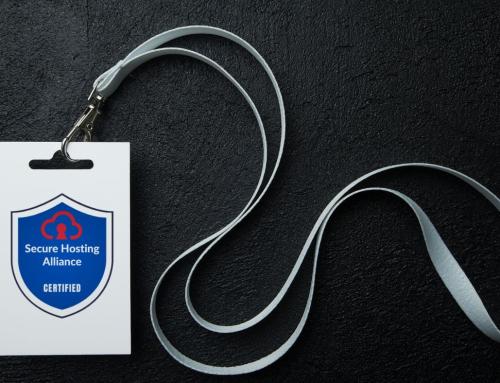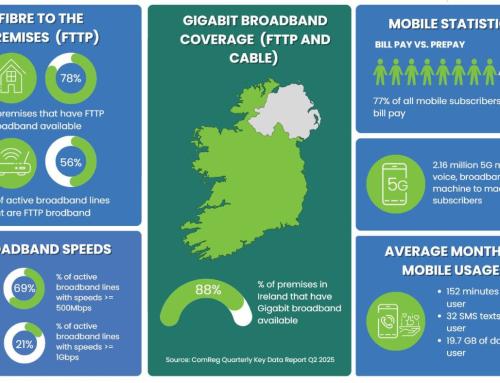Sometimes people misunderstand the emails we send them.
In some cases this is due to our (ab)use of the English language, whereas in others it’s simply a case of the language / terminology / jargon being susceptible to confusion.
One such instance is that of “maintenance windows”. They seem to cause a lot of worry and confusion to people.
So what exactly is a “maintenance window”?
Why do we refer to a “window” anyway?
The simplest way of explaining it would be to look at a tangible example.
If we are planning to swap the RAM on a server we might schedule an hour.
Does it actually take an hour to swap out the RAM on a server? No. Of course it doesn’t. Anyone who has played around with computer hardware can tell you that it only takes a couple of minutes.
So why do we schedule an hour? The simple answer is “just in case”.
Anything can go wrong. We would prefer to err on the side of caution.
If we told people that we were doing maintenance between 11pm and 11.15 pm and our engineers were held up in traffic, got a puncture or were struck by lightning you wouldn’t be happy if your server(s) were unavailable at the “wrong” time, would you?
So even if a task should only take a couple of minutes we’ll always schedule a window to cover eventualities… Hopefully we’ll always manage to get the work done within the “window” we’ve scheduled.
2 Comments
Comments are closed.






Hi Michele. I appreciate the maintenance notice emails. It’s nice to be informed. I wonder though would it be helpful to give you some feedback.
I find my clients (and myself included) don’t really care WHY there is a maintenance window etc. Rather, they just want to know how long their site will be down, who to contact if it’s not back up and which sites are affected.
Maybe your could reformat the notification emails into
1. a short version with a one line summary of the downtime.
2. A longer piece after this with more technical details.
Having said that, it’s nice to know the reason for downtime etc is because you are upgrading your infrastructure and spending money on better hardware so don’t omit that altogether.
Peter
Thanks for the feedback
We’ll take it into account before our next mailing (or at least try to)
Michele